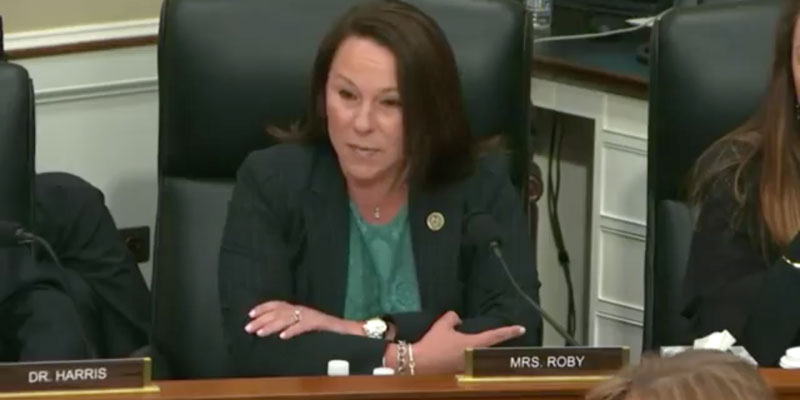What do you think of when you hear the words career technical education (CTE)? Auto mechanic? Welder? Air-conditioner technician? Something else? Well, let’s look at what it really is and what it actually means.
In today’s job market, CTE equals long-lasting, in-demand skills in a booming economy. According to the Alabama Department of Labor, the vast majority of the 28,000 job openings in our state require less than a four-year degree. These jobs can be found in practically every business sector—from healthcare and hospitality to construction, automotive and manufacturing.
Although the specific requirements for these positions can vary, they have something in common—basic CTE that can and should start at the high school level. CTE courses are found in every school system and are available to all students.
Students who take CTE courses have a solid outcome post-high school. For example, 93 percent of high school CTE graduates either enroll in college, join our military or begin a job within six months after graduation.
While courses do encompass what you would traditionally think of when technical education is mentioned, CTE has advanced in scope as times have changed. Today, we also include revamped science, technology, engineering, math, law, public service and agriculture sciences courses.
Of course, the K-12 system is not isolating itself on CTE. Through the Alabama Workforce Council’s seven regions, we are working with industry and business partners to formulate the coursework that will continue to align with real-world needs. In particular, businesses are providing valuable input to rethinking pre-apprenticeships and youth apprenticeships. In both cases, students are able to work at a selected business in a capacity where they can get exposure to a potential career.
The seven regions also play a huge role in exposing our career coaches, counselors, superintendents and other education professionals to local workforce needs. Most of the regions have implemented an Educators’ Academy, where school representatives learn about the careers available within their own communities. The regional directors plan tours, host seminars and provide the educators with valuable work, wage and other information that they, in turn, can take back to their respective schools to share with colleagues, students and parents.
Last year, Governor Ivey launched the AlabamaWorks! Success Plus initiative, which set a goal of an additional 500,000 Alabamians to have achieved at high school-plus credential by 2025. This was determined by extensive surveys, focus groups, interviews and other critical means.
If we are to achieve—and exceed—this goal, then we must show our students, parents and others that not everyone needs (or wants) a four-year degree. There are other options, many of which are based in CTE, that provide meaningful, long-term careers.
CTE is a proved strategy that expands options for learners and allows them to make informed choices about their future. Through hands-on learning, engagement with industry experts and rigorous career-focused coursework, CTE is learning what works for Alabama’s student and its economy.
Tommy Glasscock is the assistant state superintendent Career and Technical Education/Workforce Development Counseling and Guidance Supervisor Alabama State Department of Education Member, Alabama Workforce Council













